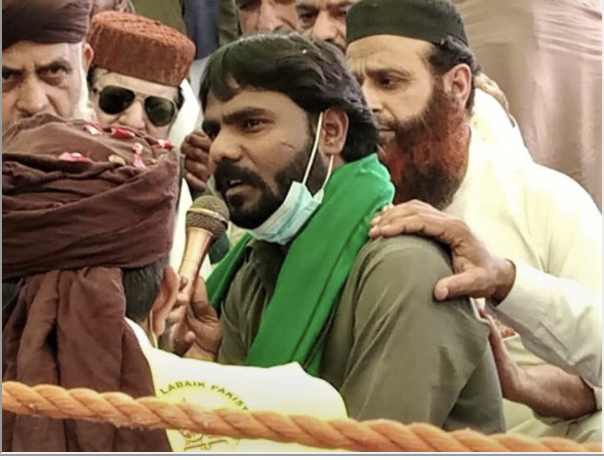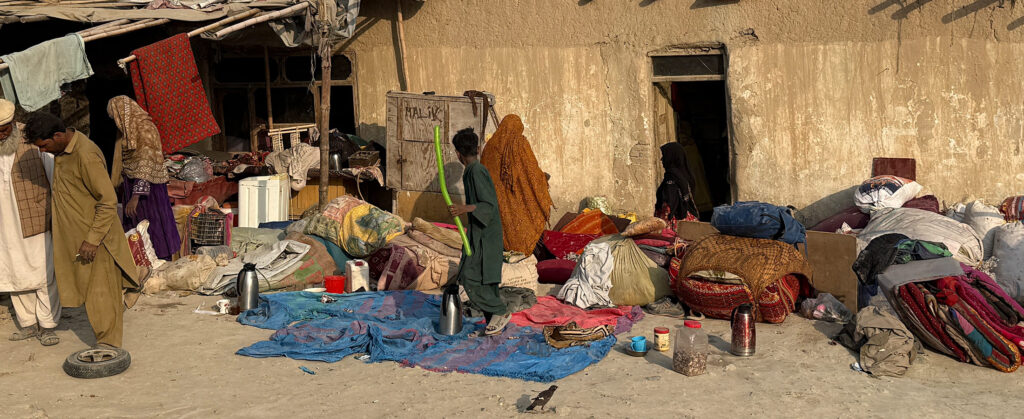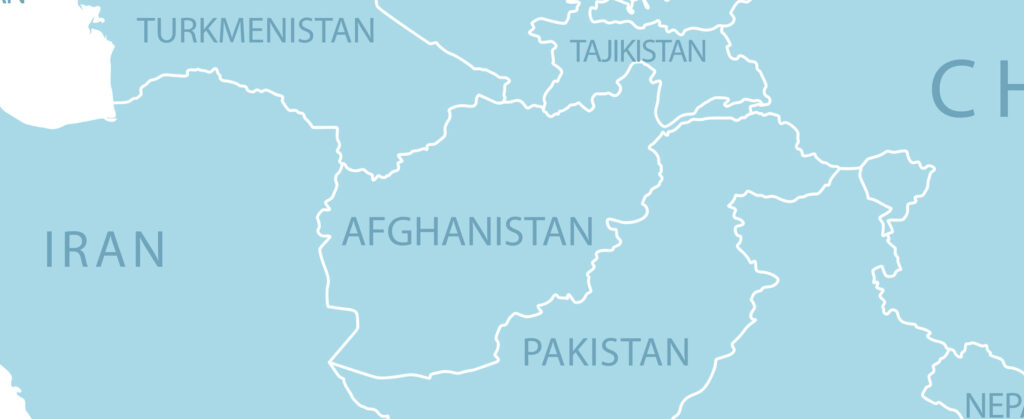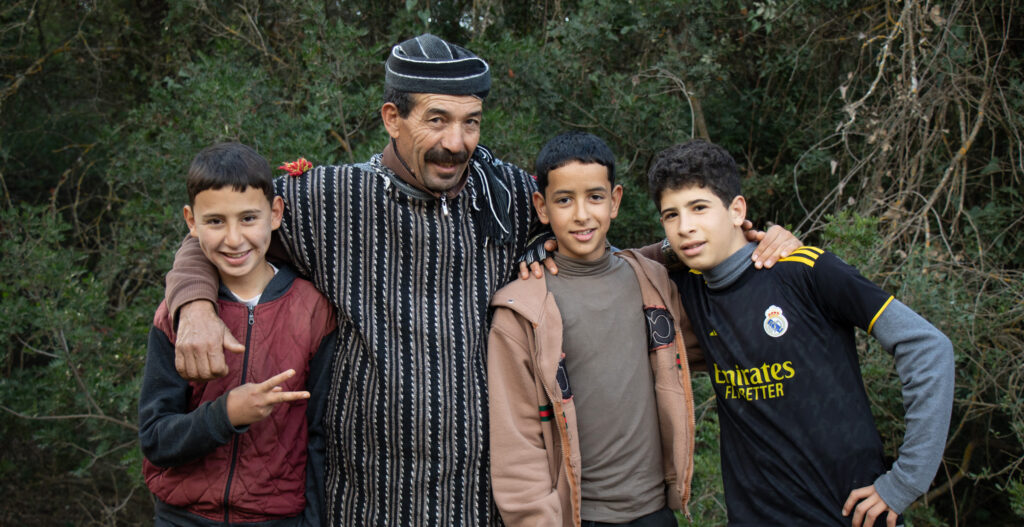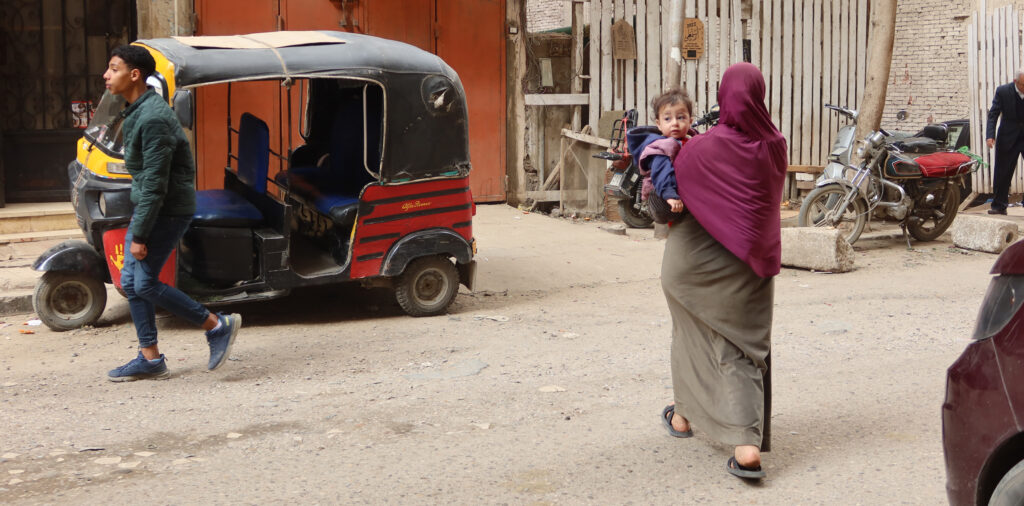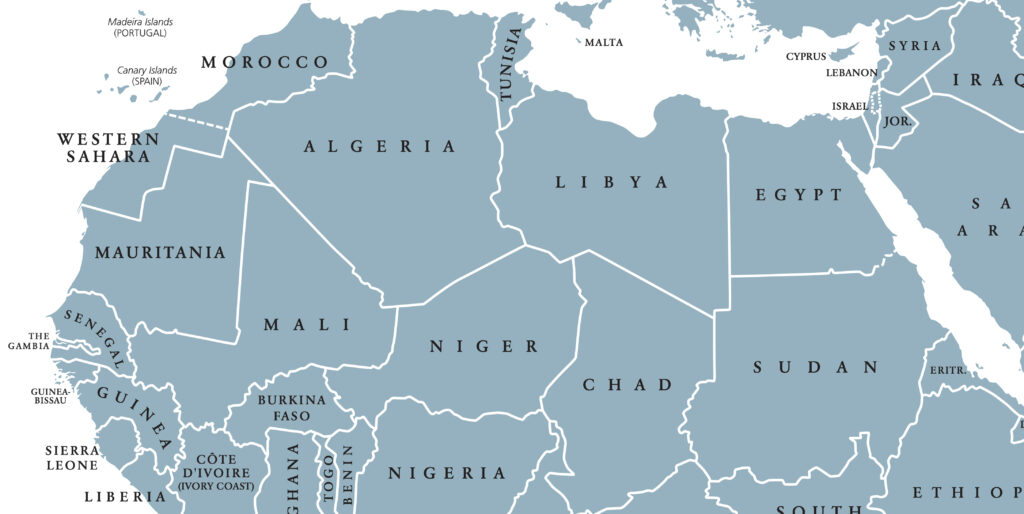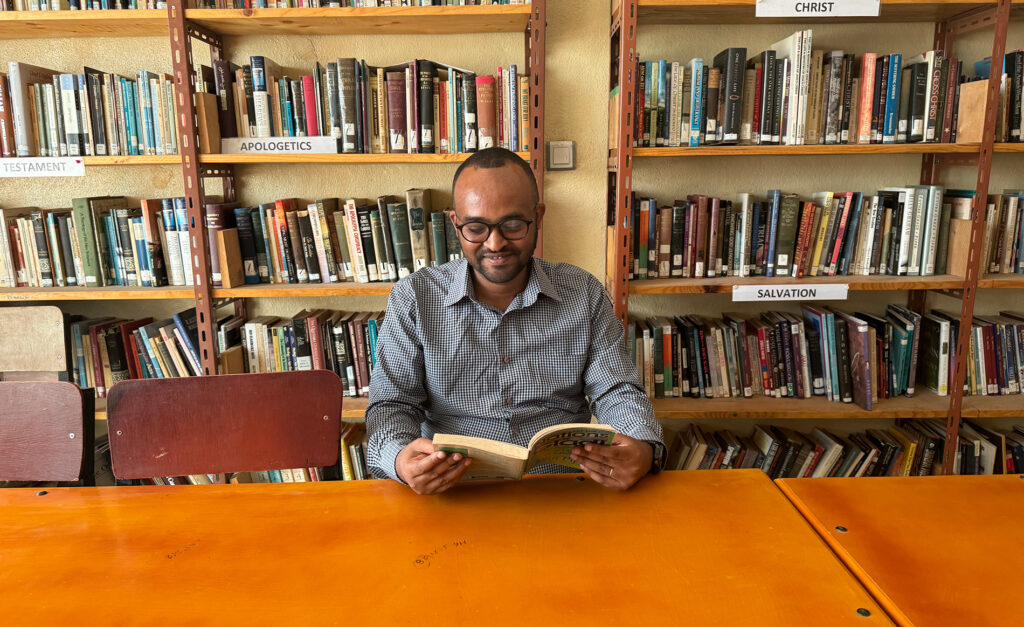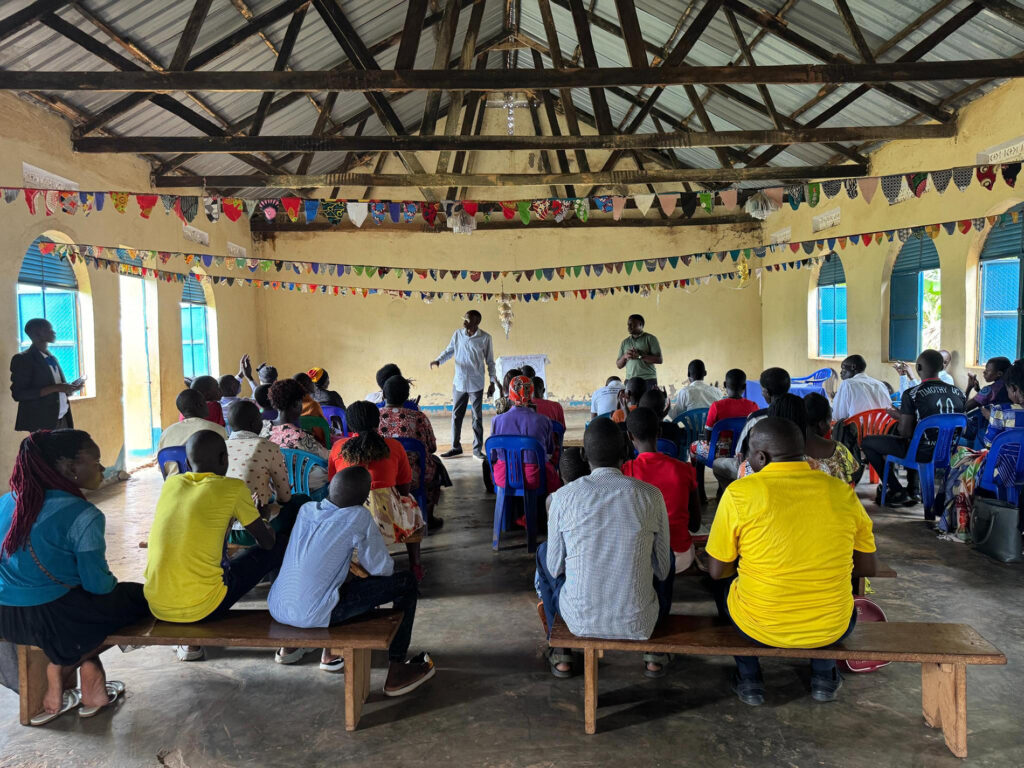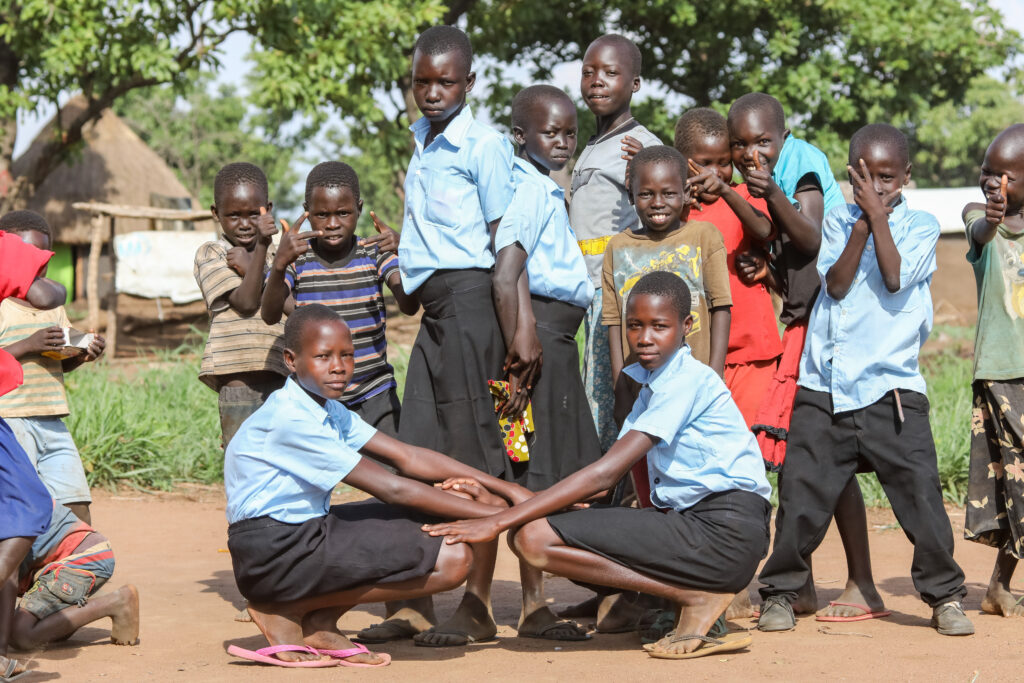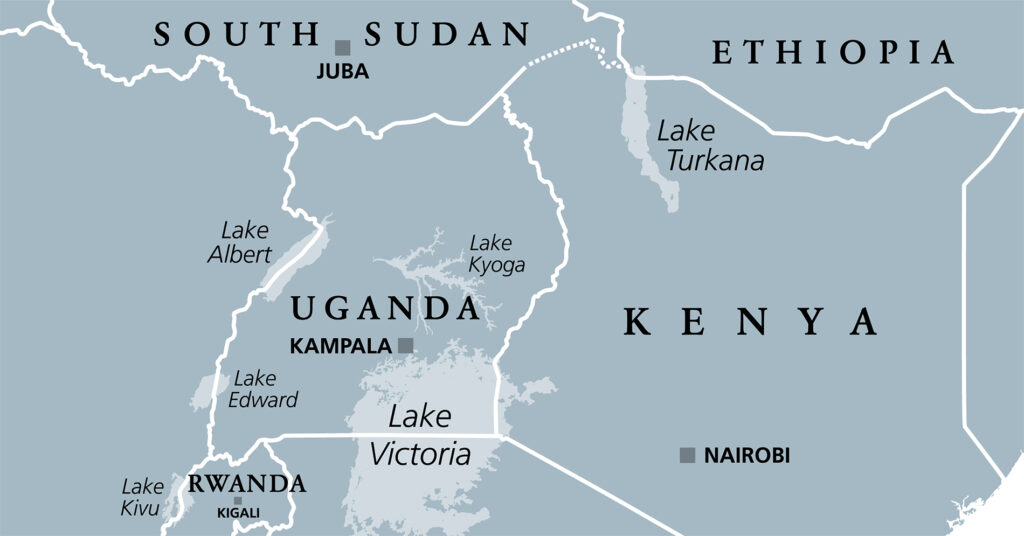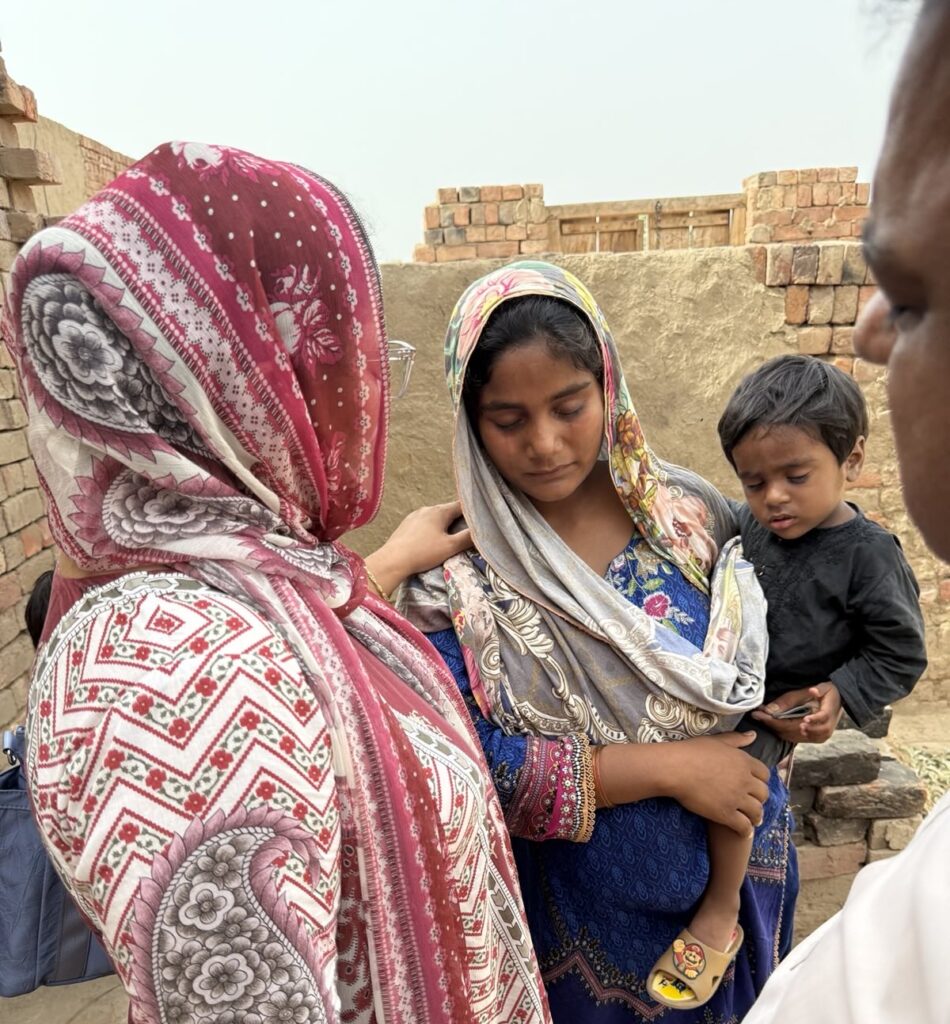LAHORE, Pakistan, April 26, 2021 (Morning Star News) – Members of an Islamic extremist political party in Pakistan have forcibly converted a mentally challenged Catholic and are pressuring his family to renounce their faith, a relative said.
Adnan Bashir, 40, wandered out of his home in Gujjar Khan, Punjab Province on April 14 and inadvertently walked into a sit-in protest of the Tehreek-e-Labbaik Pakistan (TLP), said his brother, Fayyaz Bashir.
“One Mumtaz Ahmed and some others forced him to publicly recite the Kalima (proclamation of Muhammad’s prophethood, signaling conversion to Islam) and converted him to Islam,” Fayyaz Bashir told Morning Star News, adding that his younger brother has been under treatment for a mental disorder since 2018.
A few hours later acquaintances informed him by telephone that a video of his brother reciting the Kalima at the TLP demonstration was going viral on social media, Fayyaz Bashir said. Back home that evening, Adnan Bashir told his brother and other family members that he was watching the protestors when Ahmed, his former employer, offered him sherbet on the condition that he join the demonstrators.
“Mumtaz is also a local leader of the TLP, and he used the opportunity to force my brother to say the Kalima in the presence of the charged mobs,” Fayyaz Bashir said, adding that they renamed him Khadim Hussain after his “conversion.”
Safdar Chaudhry, chief executive of prisoner welfare group Raah-e-Nijaat Ministry, a Christian organization based in Rawalpindi, said Adnan Bashir has denied converting to Islam.
“When Adnan’s family contacted me for support, I brought him to Rawalpindi and admitted him to a hospital for treatment. When I asked Adnan about his conversion to Islam, he outright denied it, saying he’s a Christian,” Chaudhry told Morning Star News. “It’s obvious that Mumtaz Ahmed exploited Adnan’s mental condition for ulterior motives, but this has put the entire family and community members at serious risk.”
Fayyaz Bashir said his brother had been hospitalized in 2018 at the Government Benazir Bhutto Hospital in Rawalpindi after his condition was discovered. Married with two children, Adnan Bashir began working at a shop owned by Ahmed after he was discharged from the hospital.
“Adnan left the job after some months after his condition again deteriorated,” Fayyaz Bashir said. “We live in a joint family, and it was decided that we would financially support Adnan and his family so that he doesn’t have to suffer from work-related mental stress.”
After the video spread on social media, the family started receiving phone calls from Muslim acquaintances and some unknown callers, he said.
“The callers congratulated us over Adnan’s conversion and asked when the rest of us would also embrace Islam,” he said. “Some others are threatening us with serious consequences in case we ‘force’ Adnan to revert, warning that apostasy is punishable with death in Islam.”
The family is facing a serious security threat as TLP members are monitoring their movement, Fayyaz Bashir said.
“Our lives have become miserable due to the threats and surveillance by TLP activists,” he said. “Our children keep asking what will happen to them, as their Muslim friends keep raising this issue. We can neither seek help from the police or any other government or religious leader, because everyone is fearful of the TLP, and also because this matter can easily be turned into a religious issue.”
Rise of TLP
The TLP was founded by hard-line Barelvi cleric Khadim Hussain Rizvi after the 2011 assassination of former Punjab Gov. Salmaan Taseer.
Taseer was gunned down by his police bodyguard, Mumtaz Qadri, for speaking in favor of Pakistan’s most high-profile blasphemy convict, Aasiya Noreen, better known as Asia Bibi, who was sentenced to die before she was acquitted. Since its inception, TLP members have engaged in violent protests across the country and are a driving force behind the increase in blasphemy cases and related attacks in Punjab and Sindh provinces.
The violent organization has not only forced government officials to surrender to its demands on several occasions but has also found support within the armed forces of Pakistan. On April 12 police, acting on orders of the federal government, arrested TLP chief Hafiz Saad Rizvi, son of Khadim Rizvi, who had announced that the group would besiege the federal capital on April 20 for failing to act against France over caricatures deemed blasphemous to Islam last year.
Protests erupted in several Muslim countries last year over France’s response to the killing of a history teacher beheaded by an 18-year-old man of Chechen origin for showing cartoons of Muhammad, prophet of Islam, in a class on freedom of speech. At the time, the Pakistani government signed a deal with TLP promising to present a resolution in parliament by April 20 seeking expulsion of the French ambassador and boycotting French products.
Saad Rizvi’s arrest plunged Pakistan into chaos for nearly a week as charged mobs blocked major highways and roads, attacked government and private property, killed at least five policemen and seriously injured more than 850 others.
In retaliation, the federal government declared TLP as a proscribed organization and announced it would ask the Supreme Court to revoke the party’s registration with the Election Commission of Pakistan.
The government on April 14 issued a statement that it has “reasonable grounds to believe that the TLP is engaged in terrorism, [has] acted in a manner prejudicial to the peace and security of the country, [was] involved in creating anarchy in the country by intimidating the public, caused grievous bodily harm, hurt and death to the personnel of law enforcement agencies and innocent by-standers, attacked civilians and officials, created wide-scale hurdles, threatened, abused and promoted hatred, vandalized and ransacked public and government properties including vehicles and caused arson, blocked essential health supplies to hospitals, and has threatened, coerced, intimidated, and overawed the government [and] the public and created a sense of fear and insecurity in the society and the public at large.”
The government move failed to deter the TLP, and though hundreds of members were taken into custody, the party continued to hold several cities hostage by blocking roads and entry and exit points. Prime Minister Imran Khan repeatedly claimed that the government would not succumb to the TLP’s demands, but he ultimately capitulated and released Rizvi and all other TLP members in custody.
The prime minister has since filed a resolution in parliament for debate over expelling the French ambassador from Pakistan.
The U.S. State Department on Dec. 7 re-designated Pakistan among nine other “Countries of Particular Concern” for severe violations of religious freedom. Previously Pakistan had been added to the list on Nov. 28, 2018.
Pakistan ranked fifth on Christian support organization Open Doors 2021 World Watch list of the 50 countries where it is most difficult to be a Christian.
